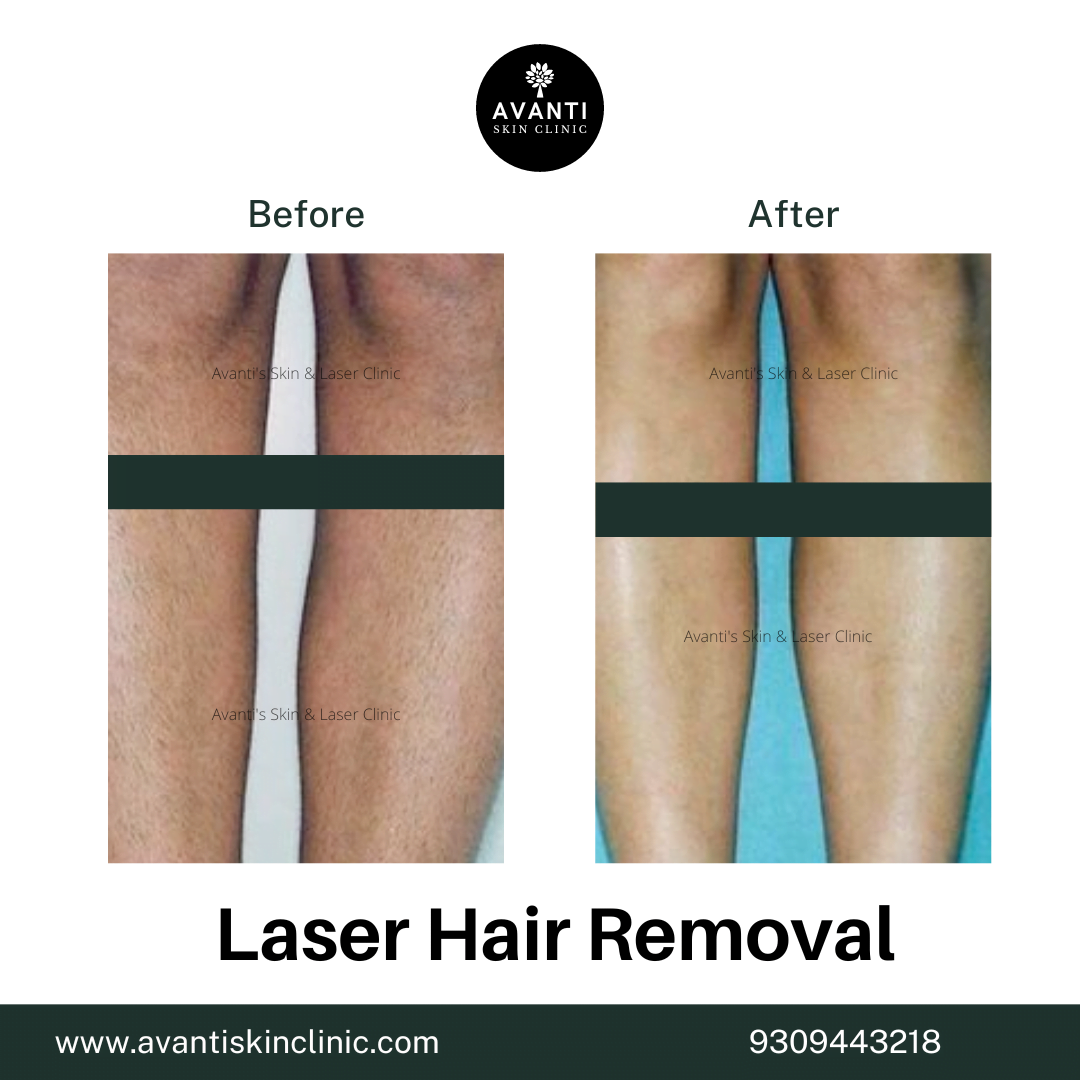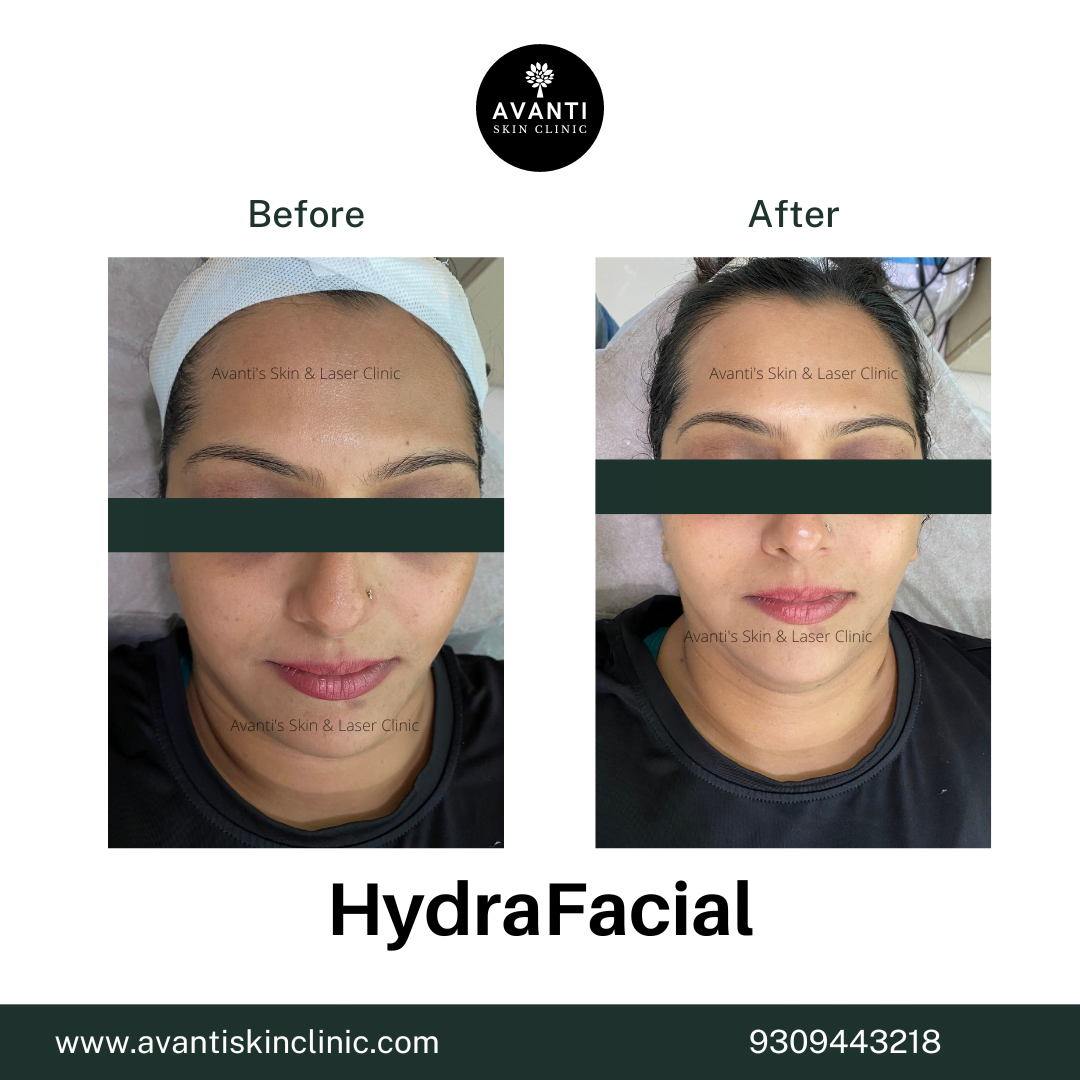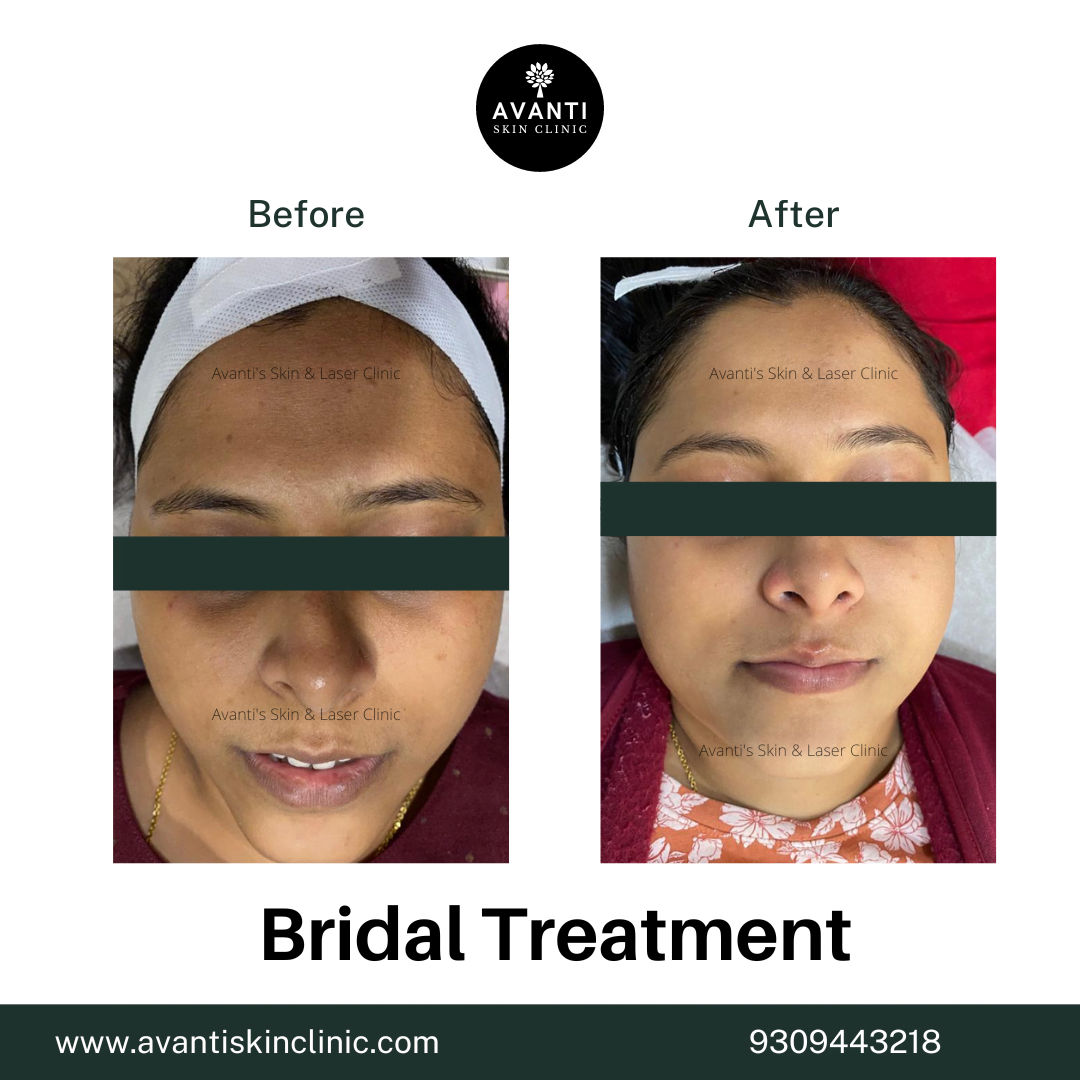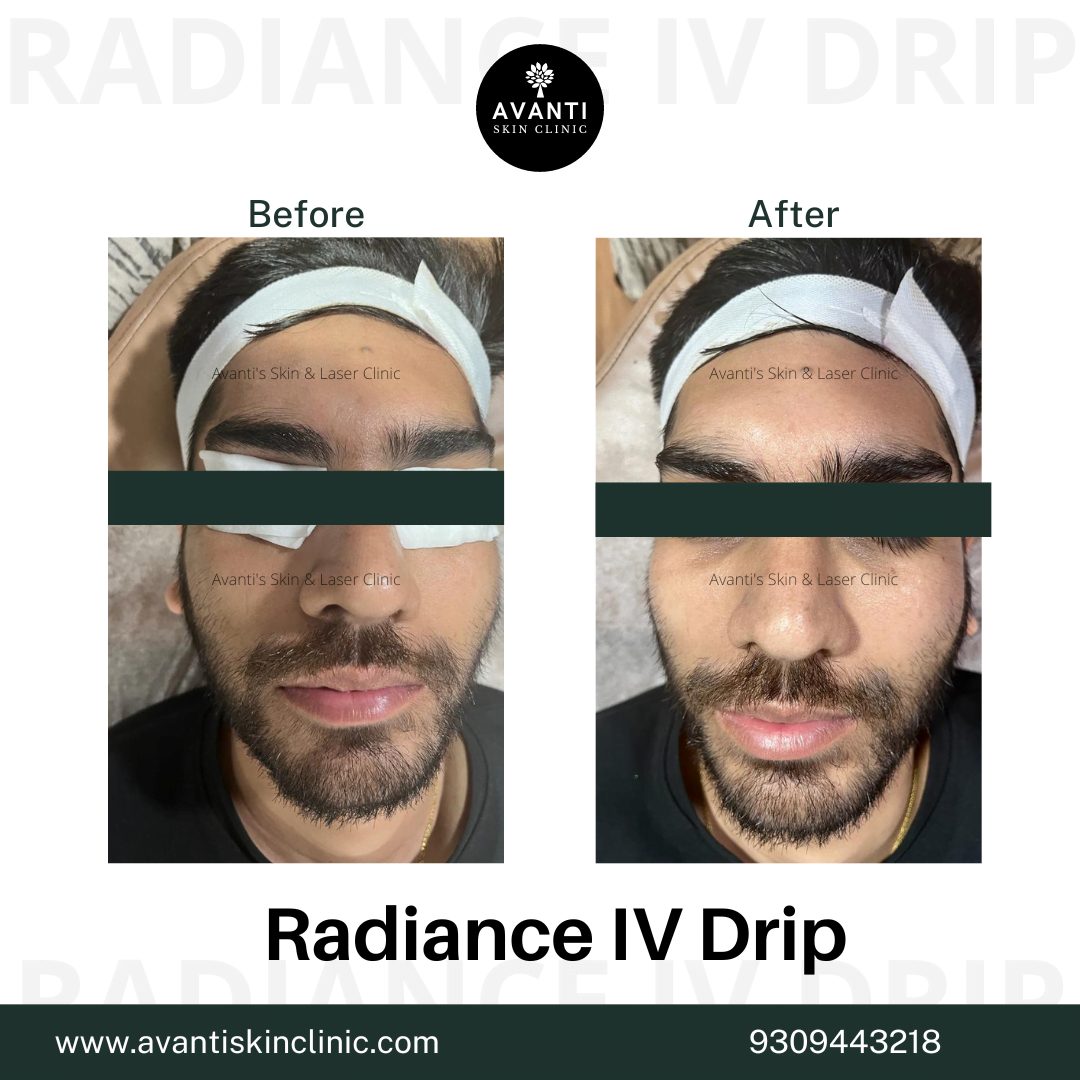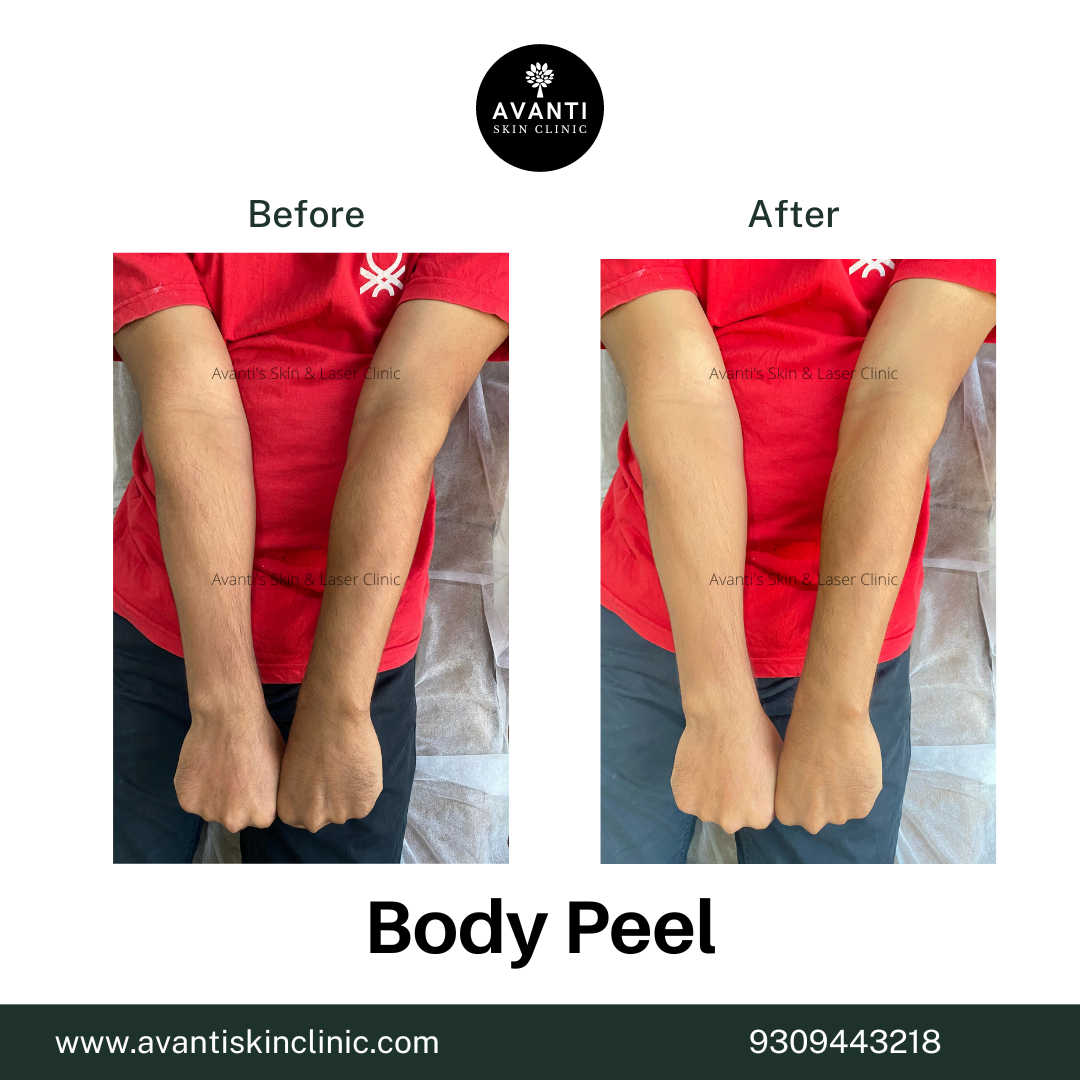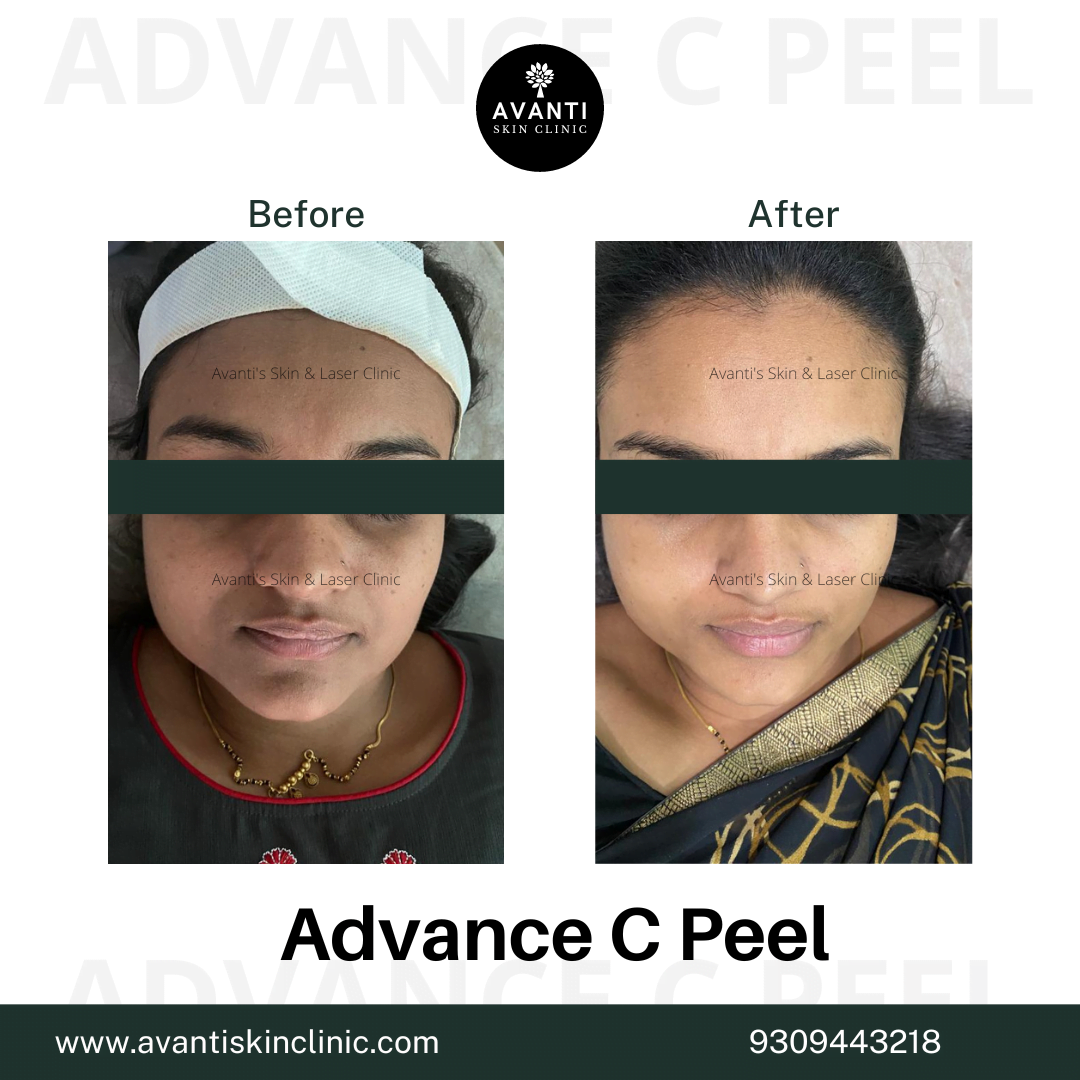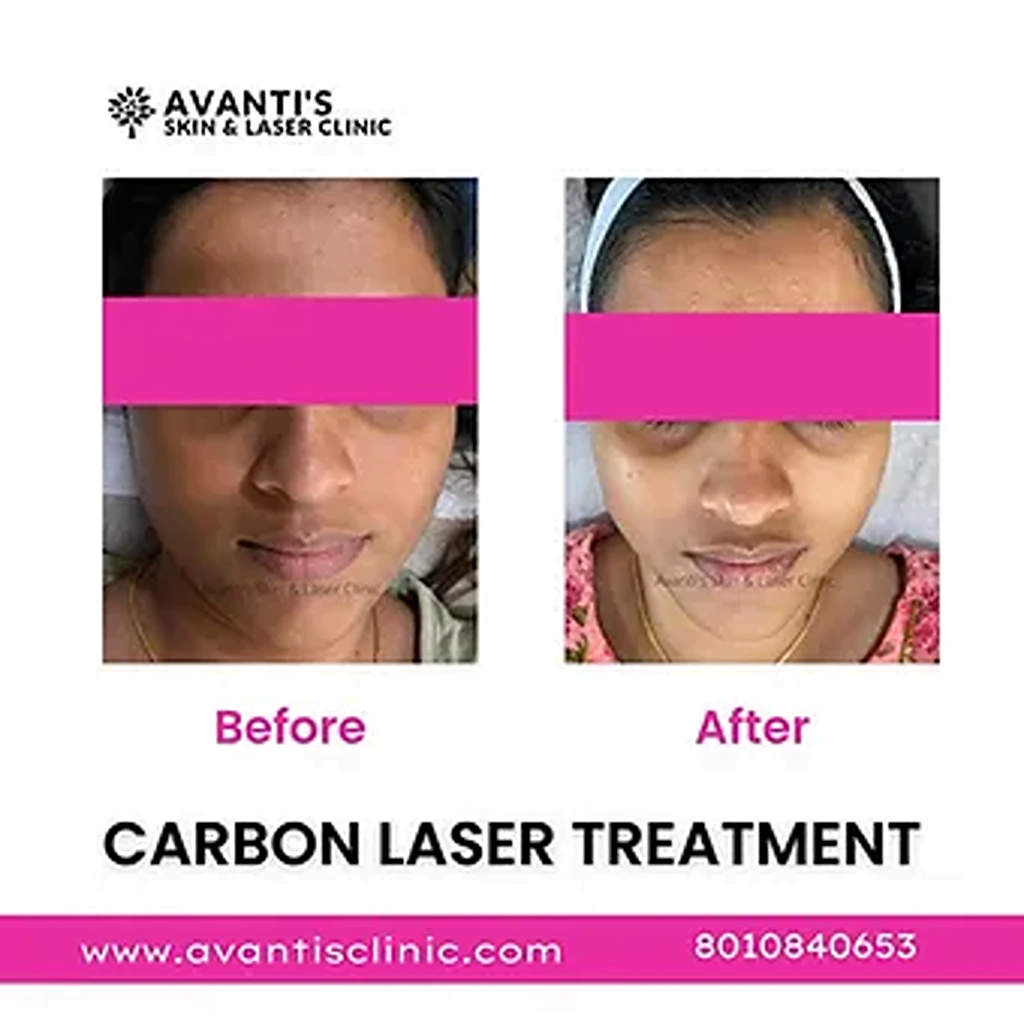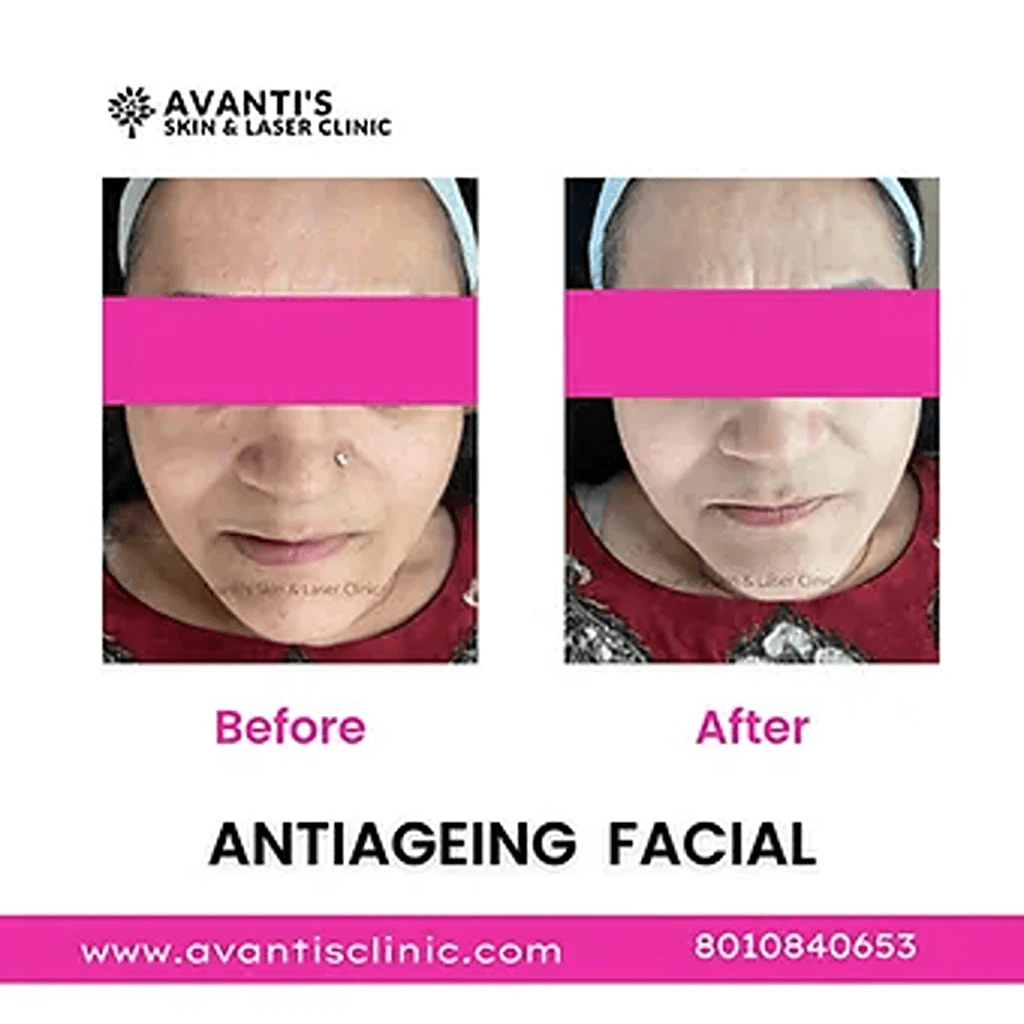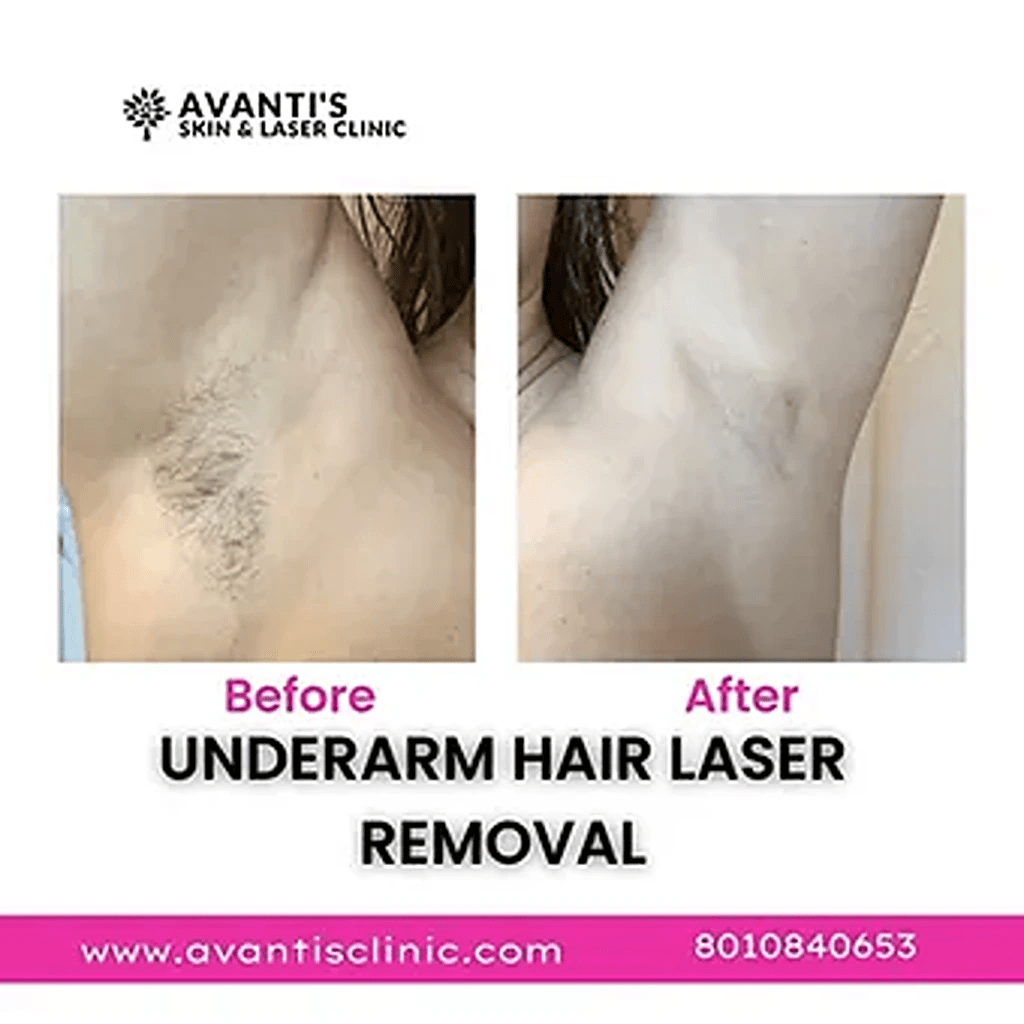Understanding Rosacea Symptoms, Causes, and Treatments
Rosacea is a chronic skin condition that affects millions of people worldwide, often manifesting as redness and visible blood vessels on the face. In some cases, it may involve the eyes, a subtype known as ocular rosacea. While not curable, rosacea can be managed effectively with the right treatments and lifestyle changes.
What is Rosacea?
Rosacea is a long-term inflammatory condition primarily affecting the face, characterized by flushing, persistent redness, bumps, and visible veins. It can also cause discomfort in the eyes, making them dry, itchy, and sensitive. This condition is most common among adults aged 30-50 with fair skin, although it can affect anyone. Understanding its symptoms is the first step toward effective management.
Early Signs and Symptoms of Rosacea
Recognizing early signs of rosacea can make a significant difference in its management. Common rosacea symptoms on face include:
- Flushing or redness on the cheeks, nose, chin, or forehead.
- Appearance of small red or pus-filled bumps.
- A burning or stinging sensation on the skin.
- Visible blood vessels on the face.
- Episodes of worsening symptoms, often referred to as rosacea flare up symptoms.
If left untreated, symptoms can progress, making timely intervention crucial.
Recognizing Ocular Rosacea
Ocular rosacea symptoms involve the eyes, often overlooked in its early stages. Symptoms include:
- Dry, itchy, or irritated eyes.
- Sensitivity to light.
- Redness and swelling around the eyes.
- A gritty feeling in the eyes, similar to having sand trapped in them.
Common Triggers and Causes of Rosacea
While the exact cause of rosacea is unclear, several factors can trigger or worsen symptoms:
- Environmental factors: Sun exposure, wind, and extreme temperatures.
- Lifestyle habits: Consumption of spicy foods, alcohol, or caffeine.
- Stress: Emotional stress can lead to flare-ups.
- Skin sensitivity: Reaction to certain skincare products or cosmetics.
Identifying personal triggers can help minimize the frequency and severity of symptoms.
Treatments for Rosacea Symptoms and Redness
Treating rosacea focuses on managing symptoms and preventing flare-ups. Options include:
- Topical medications: Reduce redness and inflammation.
- Oral antibiotics: Used for moderate to severe cases to control bumps and pimples.
- Laser Treatment: Effective in minimizing visible blood vessels and persistent redness, including ocular rosacea laser treatment.
- Intense Pulsed Light (IPL) Therapy: IPL therapy is a non-invasive treatment that uses pulses of light to target and break down dilated blood vessels beneath the skin, reducing redness and flushing.
- Lifestyle changes: Avoiding known triggers and adopting a skincare routine suitable for sensitive skin.
Advanced Options for Managing Ocular Rosacea
Ocular rosacea treatment requires specialized care to address eye-related symptoms. Treatments include:
- Prescribed eye drops or oral antibiotics to reduce inflammation.
- Warm compresses and eyelid hygiene routines to alleviate irritation.
- Laser treatment for ocular rosacea for severe cases, targeting underlying inflammation.
- Emerging therapies and advances in laser technology offer hope for more effective management of this condition.
Best Way to Treat Rosacea: A Comprehensive Approach
Treating rosacea requires a multifaceted approach tailored to the individual’s symptoms, triggers, and skin type. While no single treatment works for everyone, combining medical therapies, lifestyle adjustments, and professional care can provide the best outcomes.
- Professional care: Diagnosis and personalized treatment plan.
- Customized skincare: Using gentle, non-irritating products.
- Trigger management: Identifying and avoiding factors that worsen symptoms.
Rosacea symptoms and treatment vary for each individual, so regular check-ins with a dermatologist ensure that treatment plans remain effective and can be adjusted as needed.
Why Early Diagnosis and Treatment Matter
Addressing rosacea early can prevent its progression and reduce the impact on daily life. Early-stage rosacea symptoms, such as mild redness or irritation, are easier to manage than advanced complications like thickened skin or severe ocular issues.
Professional Treatments for Rosacea at a Skin Clinic
- Laser Therapy: Targets and reduces visible blood vessels and persistent redness on the face, offering long-lasting relief from rosacea redness and rosacea rash.
- Intense Pulsed Light (IPL) Therapy: Uses broad-spectrum light to break down dilated blood vessels, reducing redness and flushing. Ideal for patients with early signs of rosacea.
- Topical Medications: Prescribed by professionals, these include anti-inflammatory creams to reduce swelling, redness, and irritation associated with rosacea symptoms on face.
- Oral Antibiotics: Used for more severe cases of rosacea, these help to control inflammation and reduce pimples and bumps, including rosacea flare-up symptoms.
- Customized Skincare Regimen: Dermatologists recommend gentle, non-irritating products specifically designed for sensitive skin prone to rosacea, helping to manage rosacea itching treatment effectively.
How Avanti Skin Clinic Can Help
At Avanti Skin Clinic in Pune, we specialize in personalized treatments for rosacea. Our experienced dermatologists assess your condition and create a tailored plan to manage symptoms and improve skin health.
From advanced laser treatments to skincare recommendations, we offer new treatment for ocular rosacea as well as solutions for rosacea redness treatment. Our experts are committed to providing the best care to help you manage your rosacea. Book a consultation today to take control of your rosacea and regain confidence in your skin.
Frequently Asked Questions
Genetics, UV exposure, some drugs, and medical illnesses including liver disease, melasma, or acne-induced post-inflammatory hyperpigmentation can all contribute to variations in skin pigmentation.
The best treatments for rosacea redness include laser therapy, IPL treatments, and topical creams to reduce inflammation.
Ocular rosacea treatment includes eye drops, oral antibiotics, warm compresses, and laser therapy for severe cases.
Advanced laser treatments are a promising new option for managing ocular rosacea symptoms effectively.
For rosacea itching treatment, use gentle moisturizers, and prescribed medications, and avoid known irritants that trigger flare-ups.

